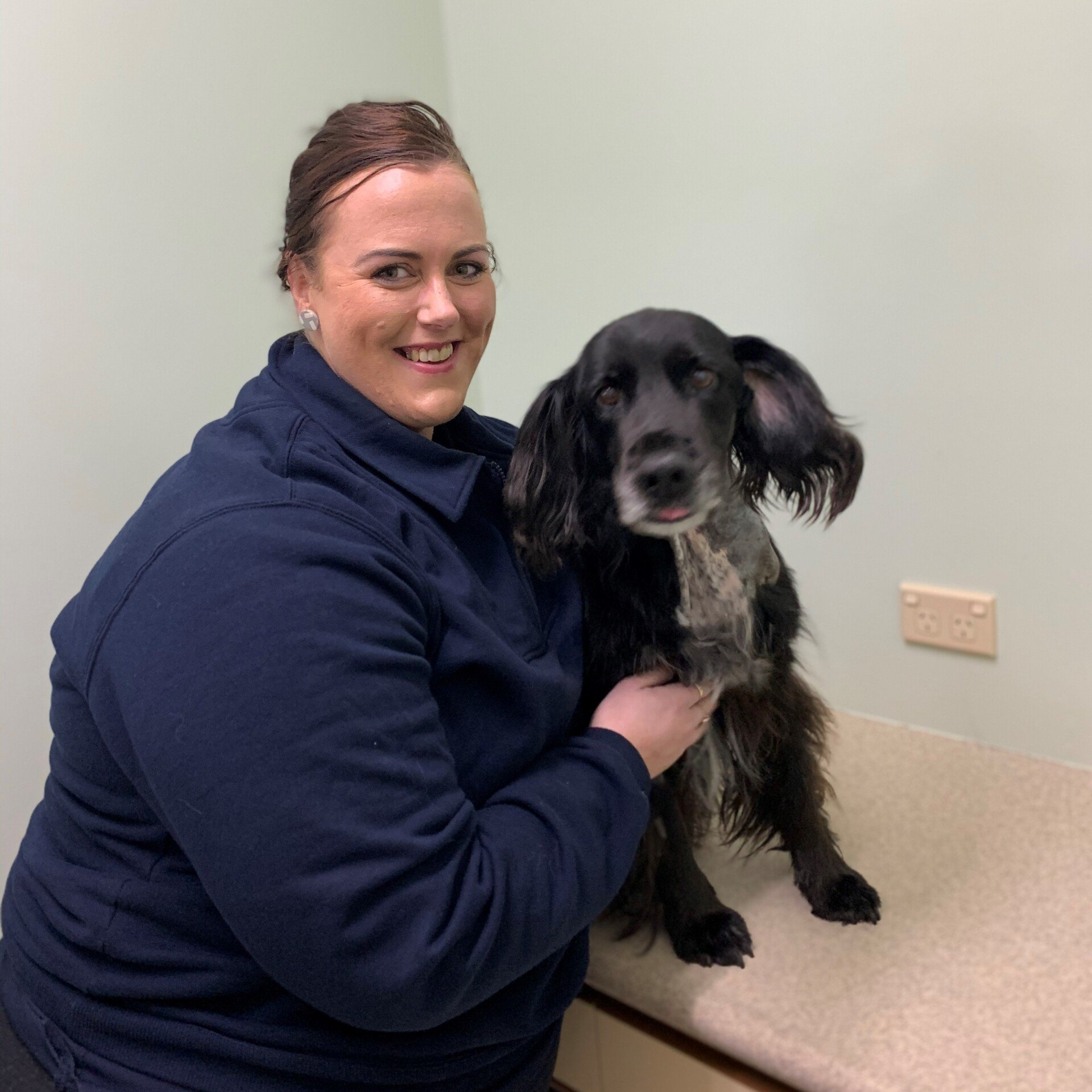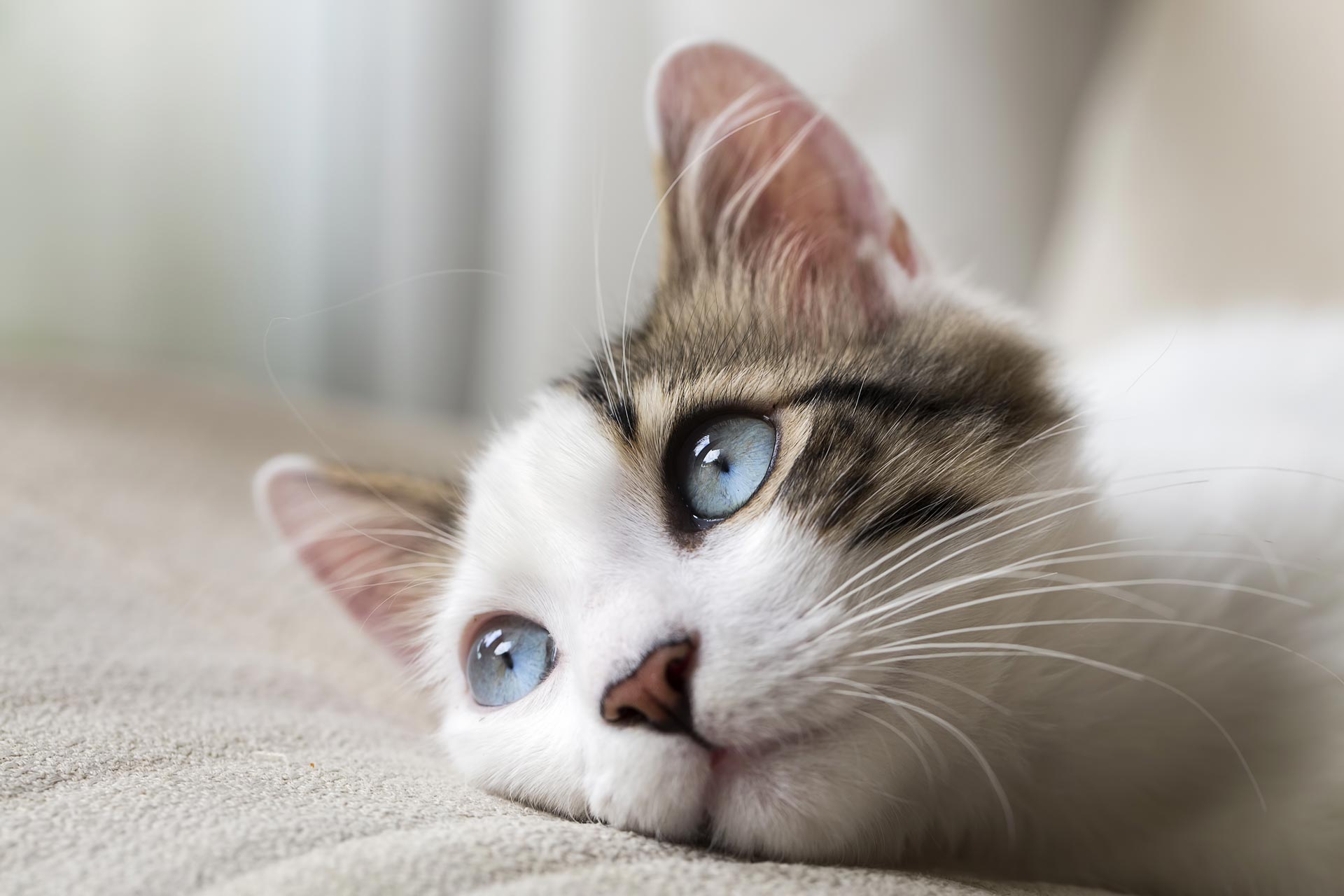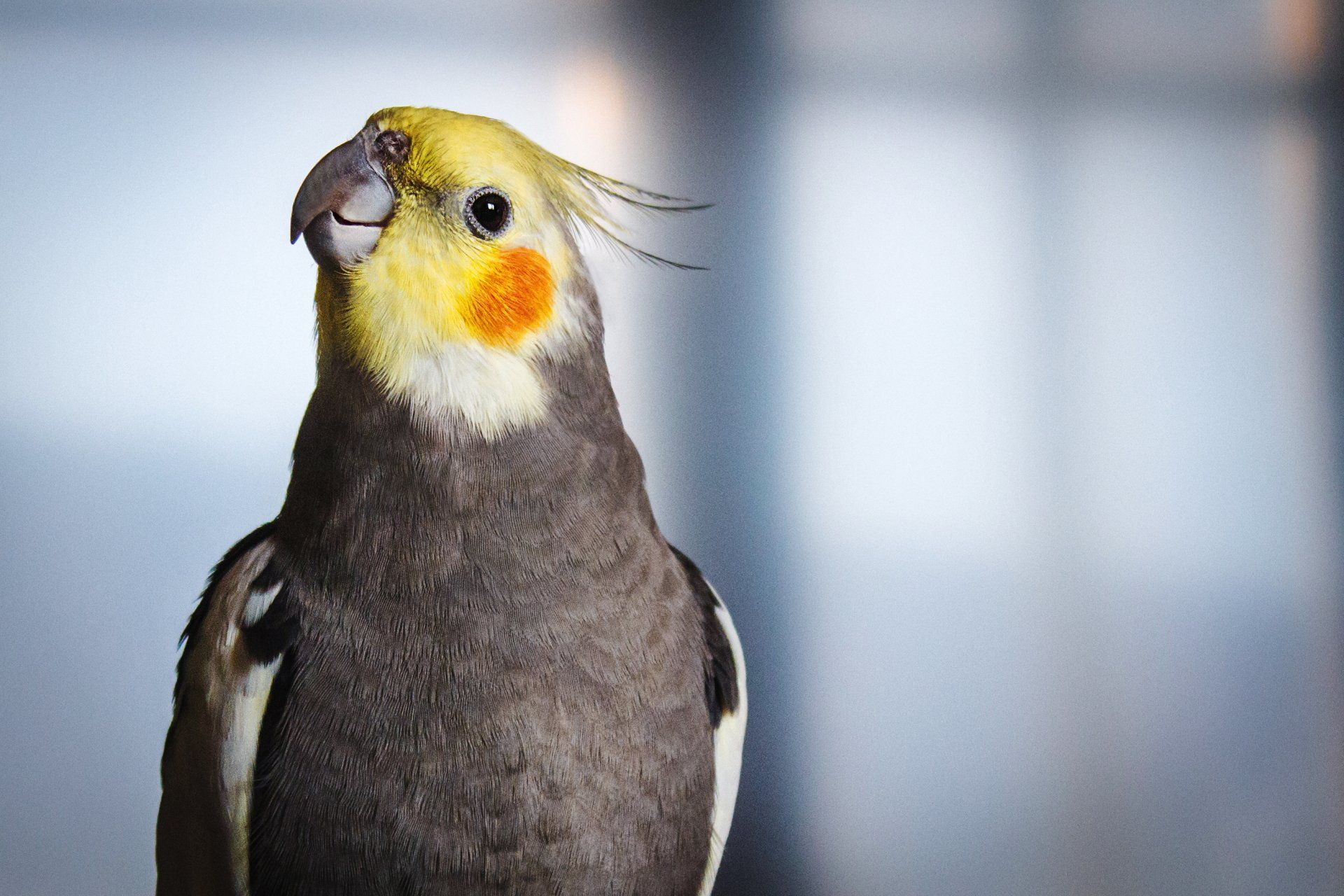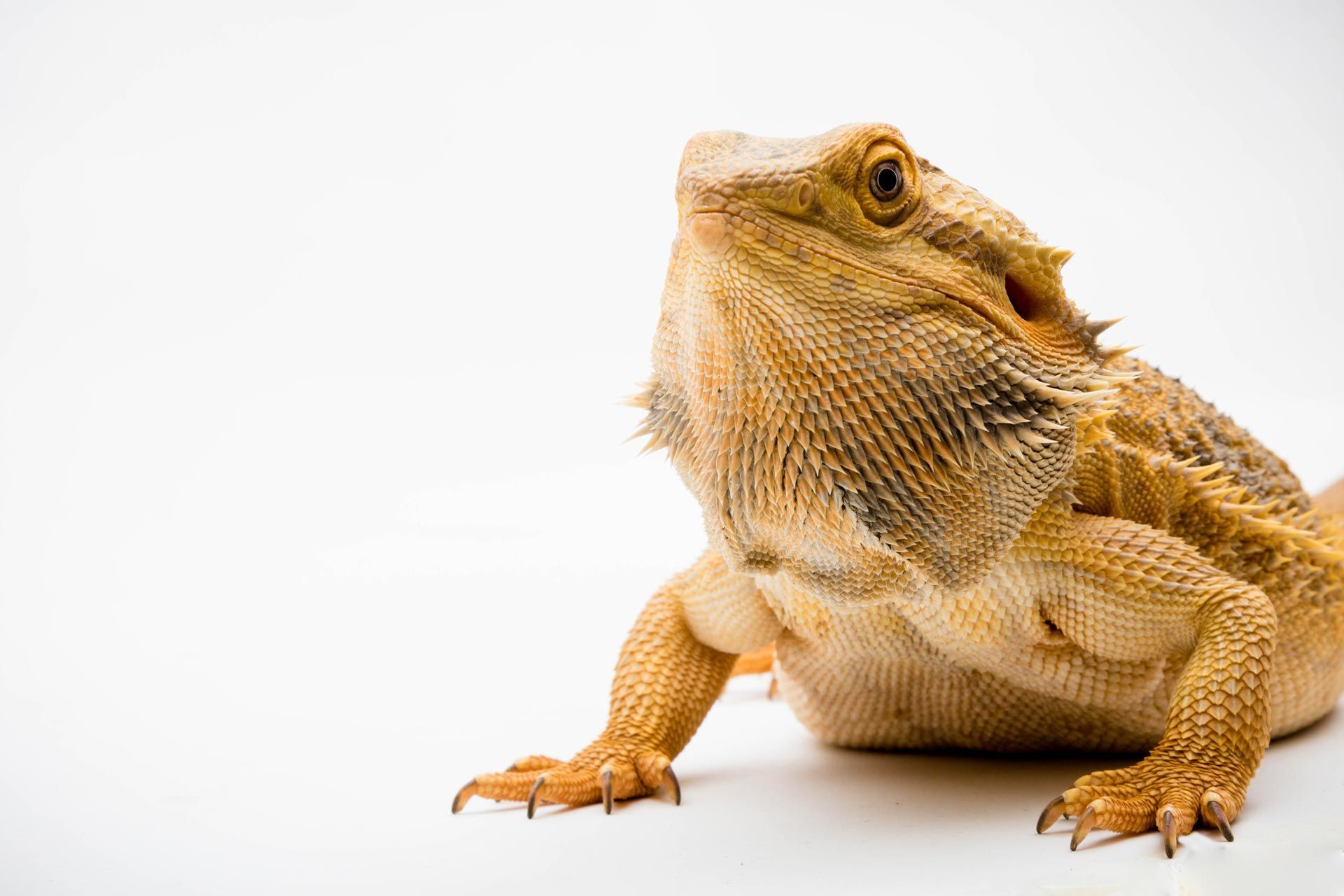Breaking the Scratch, Itch & Lick Cycle
Our furry family members scratch, itch & lick for a wide variety of reasons, ranging from allergies, parasite infestation and infection. Pets can be allergic to a wide variety of sources including grasses, certain foods, trees, pesticides, plant pollen, soaps, dust mites and moulds.
Parasites such as fleas, ticks, and mites are among the most common causes of compulsive licking, itching or scratching behaviours. Just because you can’t see them, it doesn’t mean they aren’t there! You should never assume that your pet isn’t suffering from parasites.
Ticks are quite visible to the naked eye; often a large infestation of fleas is present before they are noticeable; mites are microscopic making them difficult to see. Other causes are boredom/anxiety, dry skin, hormonal imbalances and pain such as arthritis or hip dysplasia.
Dogs may bite, lick or scratch with their legs if they are itchy. Cats are prone to excessive licking which may lead to hair loss. All forms of itching will rapidly lead to self-inflicted trauma of the skin. Treatment is often then required for the secondary infections which are significantly more costly and complicated.
Because there are so many reasons why our pets chew or scratch, a prompt visit with your veterinarian will help identify the cause of the behaviour and determine the best treatment plan.
TOP TIPS
Eliminating fleas
We can recommend the most suitable and effective treatment for your pet; some products also kill flea larvae in the environment. Treating the environment is an important part of flea control. Regular vacuuming of carpets and changing bedding will help also. Fleas are a major cause of itchiness and the use of a regular flea treatment is much cheaper that treating an itchy pet. Advocate also treats ear mites which can cause terrible ear irritation.
Addressing Anxiety or Boredom
Compulsive biting, chewing or licking may develop in response to fear, stress or inadequate stimulation. Behavioural issues such as separation anxiety could be the underlying reason for some skin issues. Such issues should be discussed with your veterinarian to ensure appropriate treatment is provided.
Changing foods
Diet can make a huge difference if food allergies are making your pet itch. Your vet may recommend a special elimination diet if this is the case. Special diets recommended by your veterinarian can help the skin of dogs suffering atopy (allergies) and other skin diseases. Cats can suffer from food allergies, elimination of certain protein sources such as fish may help some cats, but this should be discussed with your veterinarian first.
Checking your pets environment
Many plants, pollens and grasses can be irritants. Some such plants are paspalum grasses and wandering jew.
Year round preventatives are most important. Early treatment is important and cost effective, we can prescribe various treatments to help break the itch, lick and scratch cycle. We can also perform a range of allergy tests to help resolve your pets issues.















